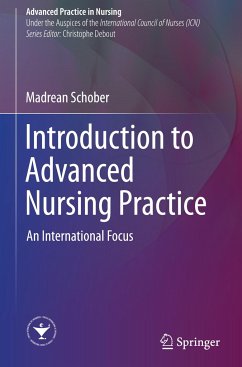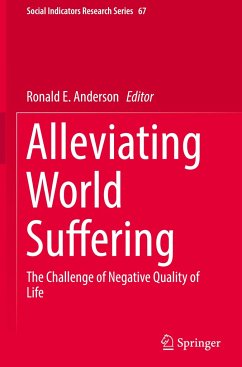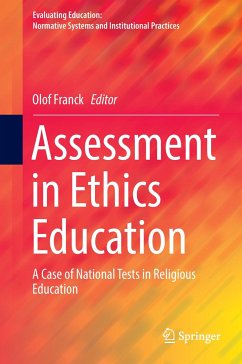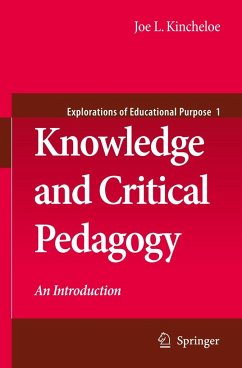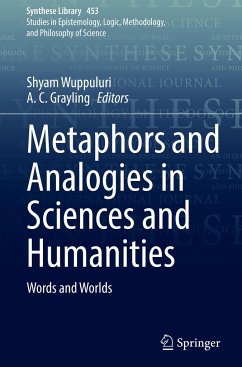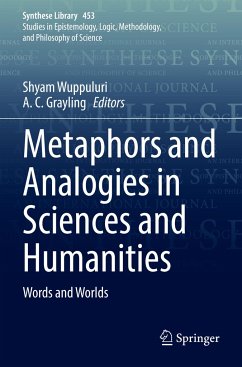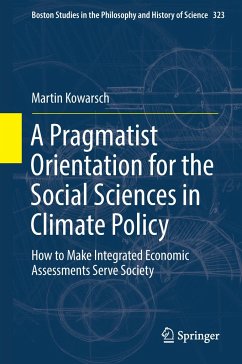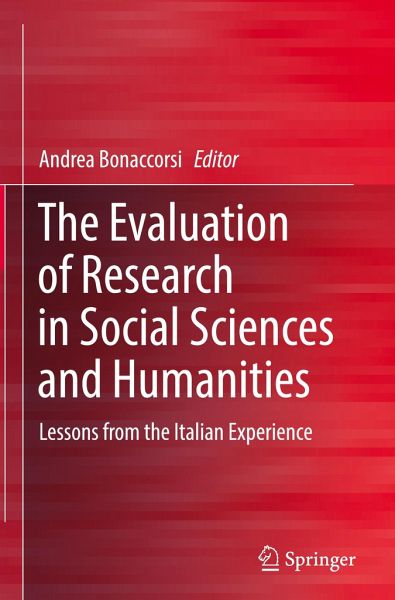
The Evaluation of Research in Social Sciences and Humanities
Lessons from the Italian Experience
Herausgegeben: Bonaccorsi, Andrea

PAYBACK Punkte
38 °P sammeln!
This book examines very important issues in research evaluation in the Social Sciences and Humanities. It is based on recent experiences carried out in Italy (2011-2015) in the fields of research assessment, peer review, journal classification, and construction of indicators, and presents a systematic review of theoretical issues influencing the evaluation of Social Sciences and Humanities. Several chapters analyse original data made available through research assessment exercises. Other chapters are the result of dedicated and independent research carried out in 2014-2015 aimed at addressing ...
This book examines very important issues in research evaluation in the Social Sciences and Humanities. It is based on recent experiences carried out in Italy (2011-2015) in the fields of research assessment, peer review, journal classification, and construction of indicators, and presents a systematic review of theoretical issues influencing the evaluation of Social Sciences and Humanities. Several chapters analyse original data made available through research assessment exercises. Other chapters are the result of dedicated and independent research carried out in 2014-2015 aimed at addressing some of the debated and open issues, for example in the evaluation of books, the use of Library Catalog Analysis or Google Scholar, the definition of research quality criteria on internationalization, as well as opening the way to innovative indicators. The book is therefore a timely and important contribution to the international debate.





